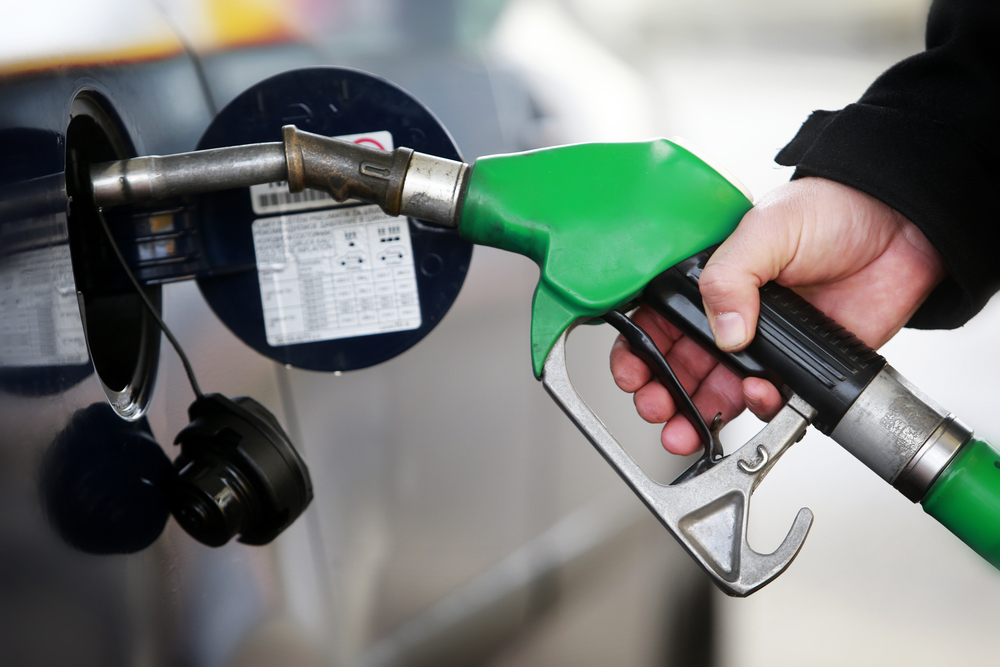Household Bills
Bad news for drivers as petrol prices rise in February

Fuel prices rose in February bringing an end to three consecutive months of price reductions.
The average price of a litre of petrol increased by 88p to 120.42p by the end of the month, while diesel climbed more than a penny to 129.88p, according to data from RAC Fuel Watch.
Filling up an average family car with petrol now costs £66.23 and with diesel £71.43.
The big four supermarkets – Asda, Morrisons, Sainsbury’s and Tesco – only raised their prices slightly to 117p for unleaded and 126.10p for diesel.
The price rises were driven by a 5% jump in the cost of oil which added $3 across the month taking the barrel price up to $65.13 by the close of February, although at one point it topped $67 – a price not seen since mid-November last year.
The oil price increase was softened a little by a 2% strengthening of the pound against the dollar, which is important as oil is traded in dollars.
RAC fuel spokesman Simon Williams said: “Drivers will be disappointed to see prices at the pumps going up again after enjoying three months of reductions.
“What they probably aren’t aware of is that retailers, who held off cuts for weeks when they were warranted, instantly raised their prices when they saw the wholesale price go up very slightly. This is unfortunately clear proof of the infamous ‘rocket and feather’ pricing strategy where prices go up like a rocket and fall like a feather.”
He added: “Currently, retailers should actually be reducing their unleaded prices a little, but it remains to be seen whether they will pass on the savings to drivers on the forecourt. Based on their current track record you would have to say this seems unlikely.”
How to cut the cost of petrol
• Do your research. PetrolPrices.com lets you search for the cheapest fuel prices in your area.
• Head to supermarkets for the best deals. “The age old myth of supermarket fuel being lower quality is not true, they all have to hit a very high standard to be sold in the UK so it will not damage the car, and they are often a few pence per litre cheaper,” says a spokesperson from PetrolPrices.com.
• Avoid motorway service stations as they can charge up to 15p per litre more.
• Try not to accelerate or brake sharply as this consumes more fuel.